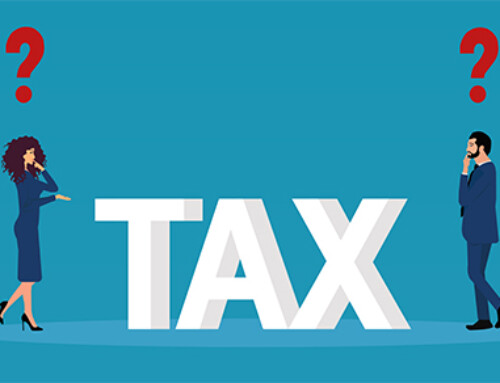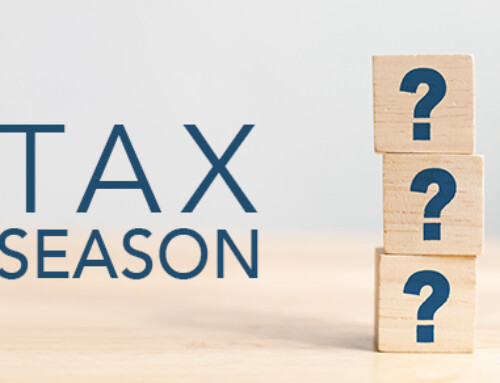
Earlier this year, the U.S. Supreme Court recently announced they would hear a case that challenges whether the individual mandate under the Patient Protection and Affordable Care Act (ACA) is constitutional. It is possible that if the mandate is ruled to be unconstitutional, incomes taxes established under the ACA may effectively be repealed and any ACA-related income taxes paid in prior years may be refundable if a timely claim for a refund is filed. The Supreme Court will hear the case this fall and they are expected to render a decision by early 2021.
Income taxes established under ACA went into effect in 2013. These include the Net Investment Individual Income Tax (NIIT), which has a rate of 3.8% for certain net investment income of individuals, trusts and estates. Taxpayers must have both net investment income and modified adjusted gross income over the following thresholds for the NIIT to apply.
| Filing Status | Threshold Amount |
|---|---|
| Married filing jointly | $250,000 |
| Married filing separately | $125,000 |
| Single | $200,000 |
| Head of household | $200,000 |
| Qualifying widower with dependent | $250,000 |
In addition, the ACA tax includes a .9% Additional Medicare Tax, which applies to individuals’ wages, compensation, and self-employment income that exceed the above threshold amounts for the individual filing status. If the ACA is ruled to be unconstitutional, several taxes established by the ACA could be deemed null and void, including the 3.8% NIIT, the .9% Additional Medicare Tax and the individual shared responsibility payment.
Since it is uncertain whether the ACA will be invalidated and a Supreme Court decision is unlikely until early next year, taxpayers who have paid significant ACA-related income taxes may want to incur the cost of filing a protective claim while the case is pending. The period of limitation for filing a refund claim is 3 years from the time the return was filed or 2 years from the time the taxes were paid, whichever expires later. Therefore, those who want to keep their right to a refund should consider filing a protective claim for the 2016 tax year and possibly 2017, since the statute of limitations would likely expire prior to the case being decided. If you are interested in filing a protective refund claim before the statute of limitations expire, please contact your Linkenheimer CPA.






Leave A Comment